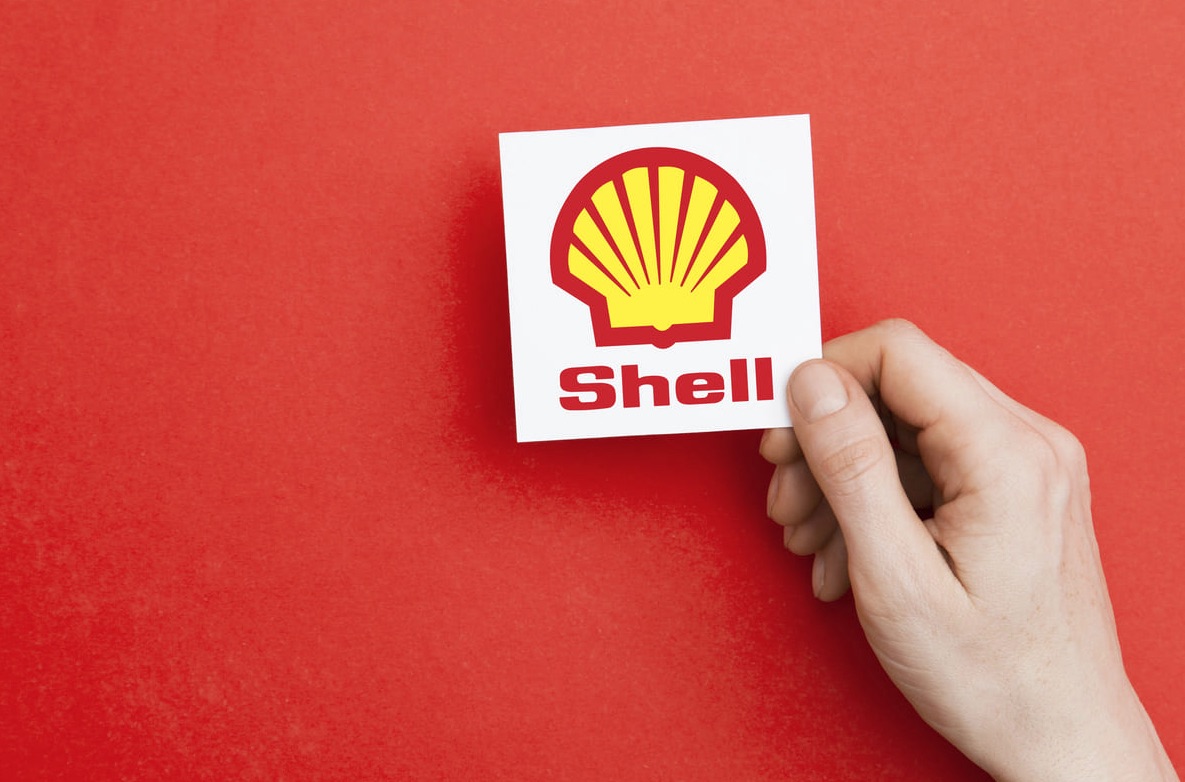
Shell is responsible for reducing emissions related to its activities. However, it has no legal obligation to cut them by 45% by 2030 compared to 2019 levels. This was established today, November 12, by the Court of Appeal in The Hague with a highly anticipated second-instance ruling. The judges overturned the decision made by the Dutch court in the first instance in 2021, which had set an important precedent for climate litigation, giving new momentum to activists.
also read Fossil companies contribute to climate finance, EU asks COP29
How did we get to this ruling?
In 2019, the environmental organization Milieudefensie/Friends of the Earth Netherlands and five other NGOs sued Shell at the District Court of The Hague. The accusation? The oil major’s contribution to climate change violated its duty of care under Dutch law and human rights obligations.
More specifically, the case is based on:
- The duty of care outlined in Article 6:162 of the Dutch Civil Code,
- Articles 2 and 8 of the European Convention on Human Rights (ECHR),
- Particularly the guarantee of the right to life (Article 2) and the right to private and family life, home, and correspondence (Article 8) as provided by the ECHR.
This was a milestone in the history of climate litigation. If Shell had been convicted, it would have set an important precedent. The principle would have been established that human rights are a legal argument that can be used in court to force multinational companies to improve their climate policies and cut their emissions more and faster.
The conviction did indeed come in 2021. The judges also specifically determined how much Shell would need to reduce its emissions: by 45% by the end of the decade, compared to 2019 levels, and then to zero by 2050, in line with the Paris Agreement.
Additionally, it was determined that Shell must account for the reduction based on total emissions, including both Scope 1 and 2 emissions, as well as Scope 3 emissions, which come from the use of its products and account for the vast majority of the emissions linked to the oil giant.
The Netherlands deflates the mother of all climate lawsuits
With the ruling of November 12, however, Dutch justice has largely reversed its stance. While, on one hand, it acknowledges that Shell has some responsibility for the climate crisis, on the other hand, it cancels any consequences and legally binding impositions on the company.
The only aspect confirmed by the appeal is Shell’s obligation to respect human rights, including those related to the climate crisis. However, even here, there are no legally binding obligations.
The court sided with Shell on the most decisive aspect: the obligation for companies to reduce emissions is a matter for politics, not the judiciary. While the judicial system can recognize a form of responsibility, it cannot impose any mandatory action on the matter.
“This ruling is a heavy blow to communities around the world who are bearing the brunt of climate inaction and corporate greenwashing. However, the ruling also offers hope: it confirms that companies must respect human rights and that they have a responsibility to reduce emissions,” commented Kirtana Chandrasekaran of Friends of the Earth International.